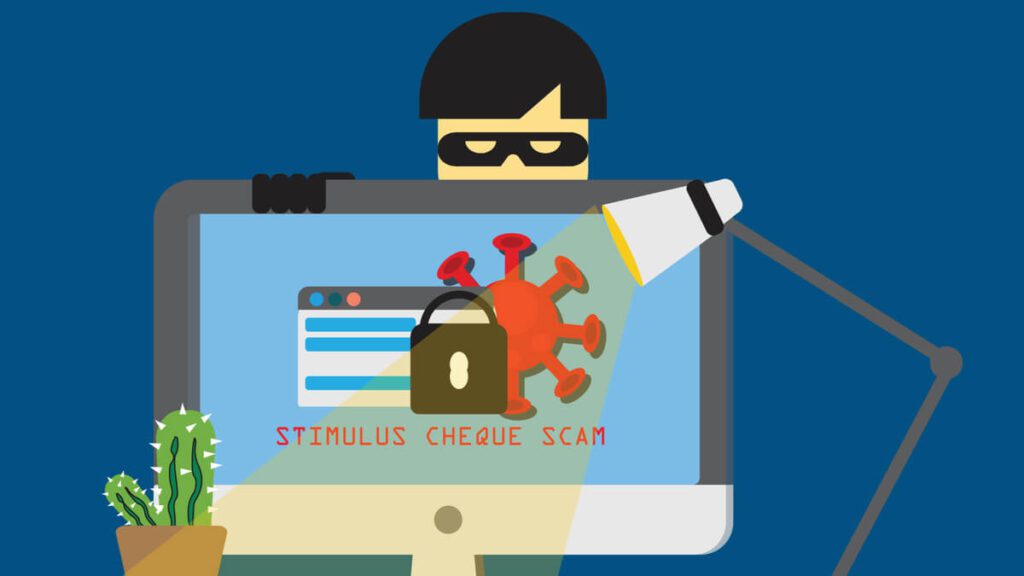
If one stops to think about those affected by cyberattacks and malicious online activities, pharmaceutical companies and medical manufacturers are not the first victims that spring to mind. However, all the smoke from the global pandemic and the race for better healthcare and vaccine manufacturing has attracted some unwanted attention as hackers target pharma companies and R&D facilities.
According to IBM, in 2019 it took an average of 206 days to identify a breach. The whole process, from detection to containment took an average of 314 days. Well placed cyberattacks can not only cripple an organization’s finances but paralyze their immediate ability to react.
One way that hackers target pharma and potentially disrupt vaccine deployment is through IP or intellectual property theft. Rival companies may want to steal intellectual property to further their own research and even claim ownership if nothing can be proved. During the pandemic, many organizations in the U.S are under investigation for their ties with China as tensions rise amid the vaccine race.
Threats to COVID-19-related research and development have already been observed where hackers target pharma manufacturers in the form of command and control infrastructures that could halt operation within a factory for days. Such attacks if executed properly, could potentially cause delays, damages, financial loss which can weaken a company over time.
One of India’s largest generic pharma companies, Dr. Reddy’s Laboratories, was a victim to a targeted attack only a few days after getting the greenlight for phase III vaccine trials. As a result, the company had to shut down plants in several countries before they managed to find and contain the problem.
As the global pandemic continues to push vaccine development, timely production and distribution is not a matter of health but a matter of public well being. As such, hackers and other malicious cyber criminals are exploiting our vulnerability amid the COVID-19 crisis.